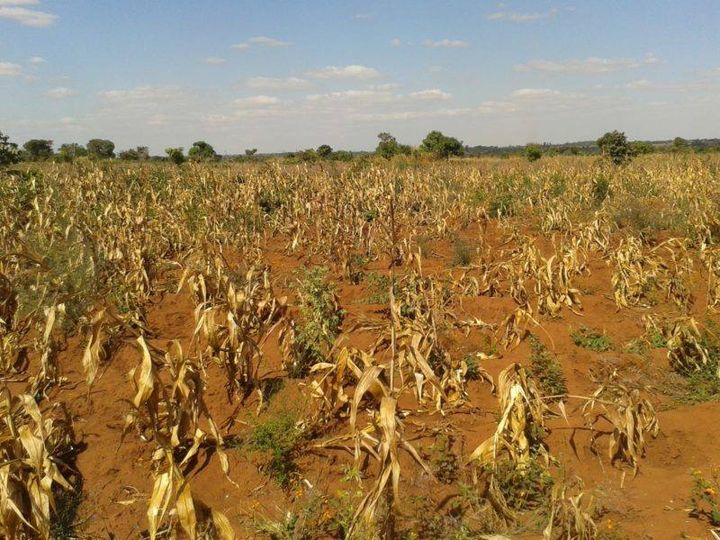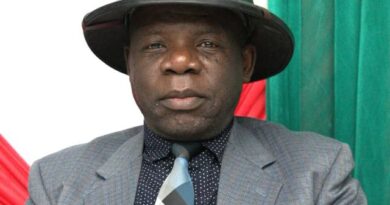Nine Million People at Risk as Malawi Faces Unprecedented Floods and Droughts
Malawi is grappling with an extraordinary crisis as rising water levels in Lake Malawi since 1980 coincide with severe droughts, putting nine million people at risk.
The dual threat has devastated crops, especially maize, the nation’s staple food, resulting in a significant drop in harvests and soaring prices.
This year’s maize harvest is projected to be nearly 25% below average. Prices have surged by 40% since last year, exacerbating financial struggles for farmers and families. The situation has left many unable to plant crops and secure sufficient food and income.
Kazembe Chikuni, a farmer from Mangochi district, shared his plight: “I planted a lot of maize with the hope of a better outcome this year, but army worms destroyed my crops and those of others in the community. The last time we faced such a severe drought was in 2008, which led to widespread hunger due to poor harvests. Drought has brought many pests and diseases. It is so sad to see this tragedy.”
Robert Kampala, WaterAid Southern Africa Regional Director, highlighted the increasing severity of droughts in recent years. “Longer and more brutal droughts have dried up rivers and wells, shriveling crops and disrupting livelihoods. There is a need for urgent action by the government and partners as this is a matter of life and death.”
Kampala emphasized the need for government action: “The government should wake up, match their words with action, and deliver for those whose lives are destroyed daily by climate change. We need a mitigation system and crucially, public finance for locally-led adaptation must more than double and balance with mitigation funds. There’s no time for more excuses.”
In response to the crisis, WaterAid has installed solar-powered taps designed to be climate resilient, supplying water to affected communities and districts, including Mangochi.
The government, through the Ministry of Agriculture, is encouraging farmers to adopt resilient farming practices and use irrigation systems to combat the effects of drought.
The crisis extends beyond Malawi, affecting neighboring countries Zambia and Zimbabwe. These nations are also struggling with severe droughts and a recent cholera outbreak.
The UN estimates that 3.5 million people in Southern Africa need support to access safe water and prevent the spread of waterborne diseases. The latest cholera outbreak in Zambia claimed 739 lives.
Source: Malawi24



